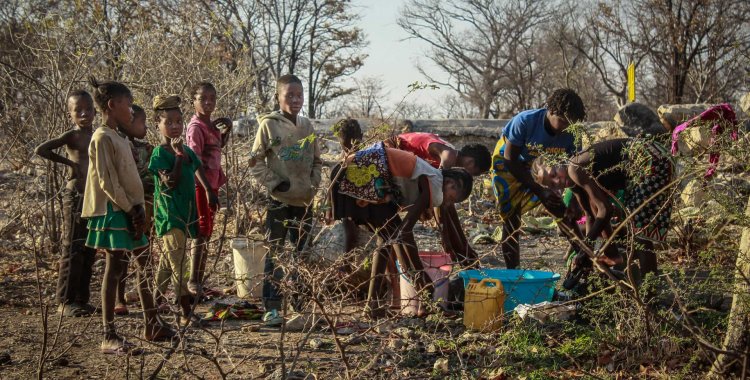The study, carried out in the municipalities of Moxico and Bundas (Moxico province) and Menongue (Cuando Cubango province) and promoted by the non-governmental organization Mosaiko, was presented this Thursday in Luanda.
According to the study, floods, droughts, ravines, landslides and environmental pollution, especially rivers and water points, are climate phenomena that could affect the two provinces in the southeast and east of Angola.
"Massive deforestation is one of the main environmental problems of the two provinces, as well as the consequences it causes", states the analysis, remembering that the late bishop of Luena, Tirso Blanco, was one of the people who denounced the bad practices associated with wood production in Moxico, reporting massive logging by various interest groups.
In the last 25 years, the study highlights, the climate of the two provinces has changed considerably, increasing by almost one degree Celsius, which "has caused considerable climatic changes that will increase the occurrence of extreme events that were almost unknown until then in these provinces (especially for Moxico), which will have an alarming impact: droughts".
"Climate projections for the period 2051-2100, for example, indicate that the number of people exposed to droughts is expected to increase in Angola, with some significant increases, namely in Moxico, especially the municipalities of Moxico and Bundas, but also the municipality of Menongue, in Cuando Cubango", highlights the study.
These climatic events will also result in a decrease in agricultural production and animal husbandry, leading to a monetary loss, which will affect households, especially women, and family income.
Federica Pilia, who presented the study, highlighted that, in the last ten years, Angola has been affected by different extreme climatic phenomena, citing the situation in the south of the country, particularly in the provinces of Namibe, Huíla, Cunene, south of Benguela and Cuando Cubango, regarding the drought, but some have also suffered floods.
"Angola is having problems with the degradation of the coasts, it is experiencing an increase in temperatures due to the decrease in rainfall or sudden rains, which do not allow the development, for example, of agriculture", said Federica Pilia, highlighting that, in the future, "this scenario will not be better".
According to Federica Pilia, the municipality of Bundas is one of those in Angola that has the highest percentage of people vulnerable to multidimensional poverty, that is, not only economic, but in terms of access to education, health, safe housing and civil registration.
"In the province of Moxico, 65 percent of communities do not have access to drinking water. This actually creates a very high violation of human rights, especially in a province" very rich in water resources", she stressed.
Speaking to the press, the general director of Mosaiko, Friar Júlio Candeeiro, said that the study poses a challenge to society on this issue, especially to those in government, in order to promote existing laws on the environment in practice.
"We need to show with political will our desire for a better environment, through the allocation of funds for a certain sector", he said, reiterating that the Government must make more funds available for the environment.
The study was carried out within the scope of the USAKI project, with financial support from the European Union and co-financing from Camões – Instituto da Cooperação e da Língua, from Portugal.







